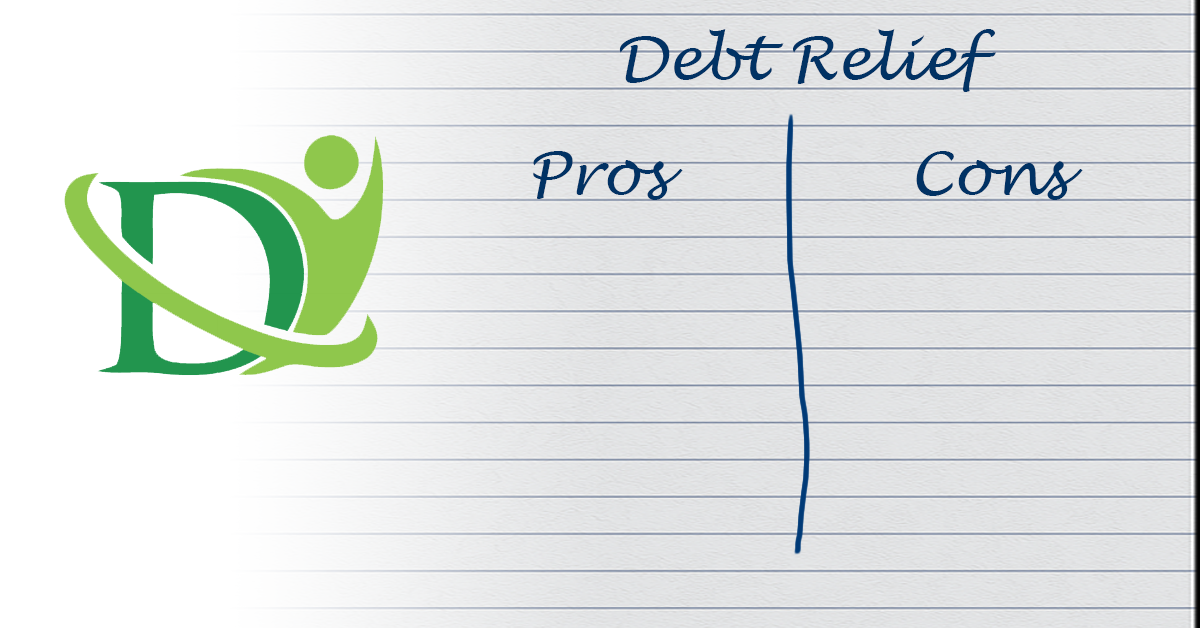
Comparing Debt Restructuring Options
December 17, 2024
Top Solutions for Reducing Credit Card Debt
January 5, 2025Managing debt effectively is essential for maintaining financial stability and achieving long-term goals. Understanding the basics of debt management involves grasping fundamental concepts such as budgeting, planning, and using resources efficiently. This knowledge lays the foundation for making informed decisions that prevent unnecessary financial strain.
Debt management encompasses a range of strategies aimed at reducing and eliminating debt. It requires a structured approach to formulating repayment plans that suit individual finances. Utilizing available tools and resources enhances the ability to handle debts more effectively, leading to better financial outcomes.
Professional advice plays a vital role in navigating complex financial situations. Experts provide insights and guidance tailored to specific needs, offering supportive measures that reinforce sound debt management practices. Recognizing when to seek professional help can make a significant difference in overcoming debt challenges and securing a stable financial future.
Key Components of Debt Management
Debt management involves several essential components that facilitate effective handling of financial obligations. Understanding these components aids in achieving financial wellness and preventing unnecessary complications.
Firstly, setting clear financial goals is fundamental. These goals provide direction and motivation in managing debts. Short-term goals might include reducing debt by a specific amount, while long-term goals could focus on becoming debt-free within a few years. Clear objectives enable more focused financial planning.
Budgeting constitutes another crucial component. A well-structured budget outlines all income and expenses, offering a comprehensive view of financial health. By categorizing expenses and prioritizing debt repayments, budgeting helps allocate resources efficiently. This approach prevents overspending and ensures funds are available for essential obligations.
Next, monitoring and managing interest rates are vital. High interest rates can lead to escalating debt balances, making repayment more challenging. Regularly reviewing and negotiating interest rates with creditors can result in reduced financial burdens.
The discipline of maintaining regular communication with creditors proves beneficial. Keeping creditors informed about financial situations aids in negotiating favourable terms or payment plans. Consistent communication demonstrates responsibility and a proactive approach to debt management.
Developing an Effective Repayment Plan
An effective repayment plan is integral to successful debt management. It requires strategic planning and realistic assessments of financial capabilities. Implementing such a plan involves several key steps.
- Assess Financial Situation: Begin by evaluating current income, expenses, and total debt. Understanding the full financial picture facilitates setting practical repayment targets.
- Prioritize Debts: Identify high-interest debts and prioritize their repayment. Focusing on these debts first minimizes long-term interest costs.
- Allocate Funds Strategically: Based on budget assessments, allocate funds towards debt repayments each month. Consistency in this approach accelerates the repayment process.
- Consider Debt Avalanche or Snowball Methods: The debt avalanche method involves paying off debts with the highest interest rates first, while the snowball method focuses on eliminating the smallest debts initially. Each approach offers distinct benefits depending on financial preferences.
- Reassess Regularly: Continually review and adjust the repayment plan based on changing financial circumstances. This flexibility ensures ongoing effectiveness.
Creating an achievable repayment plan empowers individuals to regain control over their finances and work towards debt elimination. By focusing on strategic and practical measures, managing debt becomes a more attainable goal.
Tools and Resources for Managing Debt
Leveraging various tools and resources significantly enhances the effectiveness of debt management efforts. These tools offer support and structure, facilitating better financial oversight and decision-making.
One valuable tool is budgeting software. Such software tracks income and expenses, providing insights into spending habits and helping identify areas where savings can be made. Many programs also offer alerts and reminders for bill payments, ensuring timely obligations.
Debt calculators are another useful resource. They enable individuals to assess repayment scenarios by inputting different payment amounts and interest rates. This analysis aids in visualizing the impact of additional payments and adjusting strategies accordingly.
Online financial education platforms offer a wealth of information on managing finances effectively. These platforms include courses, webinars, and articles focusing on debt management strategies. Accessing this knowledge equips individuals with the skills needed to make informed financial decisions.
Another beneficial resource includes debt management apps. These apps provide mobile access to budgeting tools and payment tracking, making debt management more convenient. The ability to monitor finances via smartphone fosters consistent engagement and accountability.
Using these tools and resources simplifies the debt management process and supports financial resilience. By incorporating technology and education, individuals can build robust strategies to handle their financial responsibilities confidently.
The Role of Professional Advice in Debt Management
Professional advice holds a significant role in navigating complex debt situations. Financial experts provide tailored guidance that addresses specific needs and circumstances, contributing to efficient debt management.
One key aspect of professional advice is creating personalized debt management plans. Experts analyze individual financial situations, identifying the most suitable solutions based on factors such as income, debt levels, and financial goals. This customization enhances the effectiveness of strategies chosen.
Access to negotiation expertise is another benefit of seeking professional guidance. Financial advisors possess the skills to negotiate with creditors on behalf of clients. This advocacy often results in more favourable repayment terms, such as reduced interest rates or extended payment periods, easing financial strain.
Furthermore, professionals offer insights into credit improvement. Understanding how to positively impact credit scores can lead to better financial opportunities. Advisers provide strategies for rebuilding credit and maintaining good credit health over time.
Professional consultations also instil a sense of financial discipline and awareness. They encourage consistent monitoring and reassessment of financial plans, enabling individuals to adapt to changing circumstances effectively. Seeking professional advice represents a proactive step towards achieving long-term financial stability and success.
Conclusion
Understanding debt management fundamentals is vital for achieving financial well-being. By focusing on key components, such as repayment planning and using available resources, individuals can address debt challenges constructively. Professional advice further enhances these efforts by providing expert insights and tailored plans.
For those seeking personalized debt management solutions, Debt Helpers offers comprehensive debt management consultation. Our team of experts is dedicated to assisting Canadians in their journey toward financial freedom, providing customized strategies and support every step of the way.

